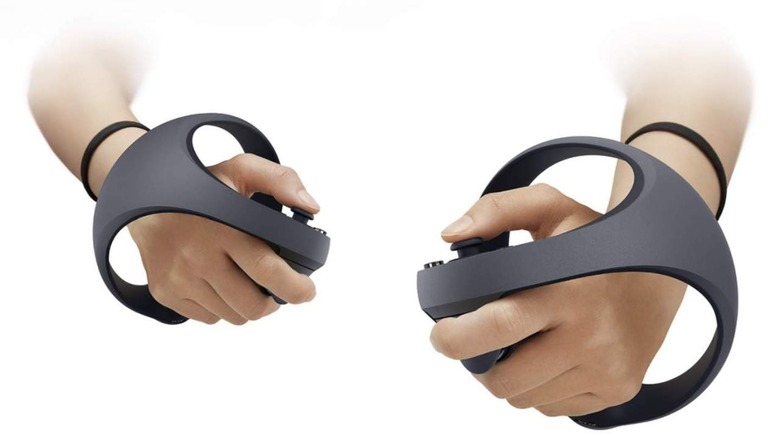Sony's PlayStation VR2 Headset May Pack Tobii's Advanced Eye-Tracking Tech
Swedish company Tobii has revealed it is negotiating with Sony to potentially serve as its eye-tracking tech partner. Assuming the two reach a business agreement, Tobii says it'll provide the eye-tracking tech for the Playstation VR2, Sony's next-generation virtual reality headset.
Tobii announced the business talks in a very brief announcement on February 7, 2022, noting that it isn't yet revealing the deal's financial impact. Negotiations between the Swedish eye-tracking tech company and Sony Interactive Entertainment are said to be "ongoing" at this time and it's unclear when a new development may be announced.
What we know about the PS VR2
The first (and current) PlayStation VR headset was released in October 2016, offering PS4 owners a way to experience virtual reality games without a PC or standalone headset. Sony has since released its latest and greatest PlayStation model, the PS5, and it has already announced intentions to release an upgrade to the PS VR with its upcoming PlayStation VR2 (PS VR2).
Though Sony has shared a few images of the PS VR2's controllers, the company hasn't yet debuted the headset itself. On its PlayStation page for the product, Sony says the PS VR2 will represent a "huge generational leap forward" for the virtual reality headset, one that will, of course, be powered by the PS5 console.
Sony notes the PS VR2 will feature its PlayStation VR2 Sense tech, two OLED displays with 2000 x 2040 resolution, support for 4K HDR graphics, and a frame rate up to 120 fps. Beyond that, Sony has also promised a 110-degree FOV, Fresnel optics, inside-out tracking, haptic feedback in the headset, 3D audio, and, of course, eye tracking.
At this time, Sony explains the PS VR2 will be able to detect "the motion of your eyes" using cameras that follow one's line of sign. Foveated rendering is used in conjunction with this technology to ensure the parts of the image where the player is looking are rendered at full quality, while the graphics in one's peripheral vision are adjusted down to a lower resolution.
Sony hasn't named any companies that may supply this eye-tracking technology, but Tobii says it may end up serving as that provider. The Swedish company certainly isn't a new player in the VR market, and it boasts a variety of capabilities tailored for these types of headsets. Among other things, Tobii says its VR eye-tracking tech supports automatic interpupillary distance measurements (the distance between the user's pupils), foveated rendering, and user identification based on one's eyes.

